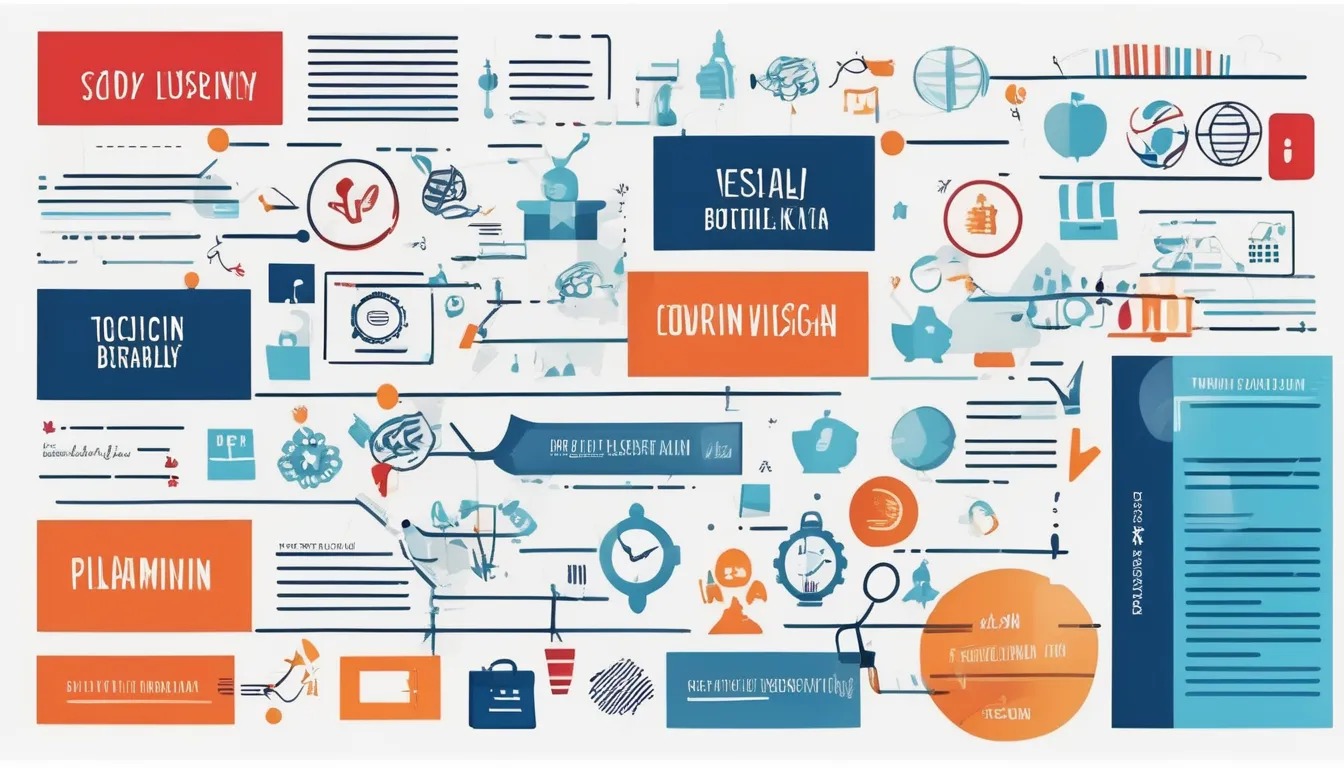
Exploring Advanced Skincare Solutions at Optima Medical Clinic
You’re likely no stranger to the countless skincare products and treatments available on the market, but have you ever stopped to consider what truly sets an effective skincare routine apart? At Optima Medical Clinic, it all begins with a deep understanding of your unique skin concerns and goals. By leveraging cutting-edge technologies like nanotechnology and 3D skin analysis, our expert skincare professionals can create personalized treatment plans tailored to your specific needs. But what does this mean for your skin, and how can you harness the power of advanced skincare solutions to achieve radiant, glowing results?
State-of-the-Art Skincare Technologies
You’re experiencing a skincare revolution like never before, thanks to five cutting-edge technologies that are transforming the industry.
These innovative solutions are helping you achieve the glowing complexion you’ve always wanted.
Nanotechnology is being used to create skincare products that penetrate deeper into the skin, allowing for more effective results.
Advanced laser treatments are providing unparalleled precision in targeting specific skin concerns, such as fine lines and hyperpigmentation.
Stem cell therapy is harnessing the power of your own cells to rejuvenate your skin.
This non-invasive treatment is stimulating collagen production and improving skin elasticity.
3D skin analysis is allowing for a thorough understanding of your skin, enabling personalized treatment plans.
Gene editing technology is being explored for its potential in skincare.
Scientists are researching how CRISPR can be used to address specific skin concerns, such as acne and aging.
Artificial intelligence is being integrated into skincare devices to provide real-time analysis and recommendations.
Personalized Skincare Treatment Plans
With the latest skincare technologies at your fingertips, it’s now possible to create a tailored plan that addresses your unique skin concerns. At Optima Medical Clinic, you’ll work closely with our expert team to identify and target your specific skin issues.
Whether you’re struggling with acne, hyperpigmentation, or signs of aging, our cutting-edge treatments and products can be combined in a way that’s tailored to your individual needs.
Your personalized skincare treatment plan may include a variety of treatments, such as chemical peels, microdermabrasion, or laser therapy.
You’ll also have access to advanced skincare products, such as customized serums, creams, or cleansers, that can help you achieve your skincare goals.
Our team will work with you to develop a plan that’s designed to help you achieve optimal results and maintain healthy, glowing skin for years to come.
Advanced Skin Rejuvenation Methods
Advanced skin rejuvenation methods at Optima Medical Clinic are designed to revitalize and restore your skin’s natural glow. These cutting-edge treatments utilize the latest innovations in skincare technology to address various signs of aging and skin damage.
You’ll have access to a range of advanced skin rejuvenation methods, including micro-needling, chemical peels, and laser skin resurfacing.
Micro-needling uses tiny needles to create micro-injuries in the skin, triggering collagen production and cell renewal. Chemical peels, on the other hand, utilize alpha-hydroxy acids or beta-hydroxy acids to gently exfoliate the skin and promote new cell growth. Laser skin resurfacing uses high-energy light beams to stimulate collagen production and improve skin texture.
At Optima Medical Clinic, you can expect a personalized approach to advanced skin rejuvenation. Your treatment plan will be tailored to your specific skin concerns and goals.
With the expertise of Optima’s medical professionals, you’ll be guided through the treatment process, ensuring a safe and effective experience. By incorporating advanced skin rejuvenation methods into your skincare routine, you can achieve a smoother, brighter, and more youthful complexion.
Addressing Common Skin Concerns
One of the most significant benefits of advanced skincare solutions is their ability to effectively address common skin concerns. Whether you’re struggling with fine lines and wrinkles, hyperpigmentation, or acne, there’s a solution tailored to your needs.
Advanced skincare treatments can help reduce the appearance of pores, smooth out uneven skin texture, and even out your skin tone.
By utilizing cutting-edge technology and high-quality products, advanced skincare solutions can target specific problem areas.
For instance, if you’re dealing with dark spots or discoloration, treatments like chemical peels, microdermabrasion, or laser therapy can help brighten and even out your complexion.
If you’re concerned about signs of aging, treatments like Botox, fillers, or microneedling can help restore a more youthful appearance.
Advanced skincare solutions can also help prevent future skin concerns from developing.
By investing in a consistent skincare routine and regular treatments, you can maintain healthy, glowing skin that looks and feels its best.
With advanced skincare solutions, you can say goodbye to common skin concerns and hello to radiant, confidence-boosting skin.
Expert Skincare Guidance and Support
When it comes to achieving optimal skin health, expert skincare guidance and support play a vital role.
At Optima Medical Clinic, our team of skincare experts are dedicated to providing personalized guidance and support to help you achieve your skin goals.
Whether you’re struggling with common skin concerns such as acne, hyperpigmentation, or fine lines and wrinkles, our team is here to help you develop a customized skincare plan that addresses your unique skin needs.
With expert skincare guidance and support, you can expect to receive tailored advice, product recommendations, and treatment options that cater to your specific skin concerns.
Our team will work closely with you to identify the underlying causes of your skin concerns and develop a comprehensive plan to help you achieve the healthy, radiant skin you deserve.
Conclusion
You’ve discovered the cutting-edge skincare solutions at Optima Medical Clinic. By leveraging state-of-the-art technologies and expert guidance, you can achieve optimal skin health and a radiant glow. With personalized treatment plans tailored to your unique needs, you’ll be on your way to addressing common skin concerns and unlocking your skin’s full potential. Take the first step towards trans toronto dermal fillers mative skincare and experience the benefits of advanced skincare solutions for yourself.




